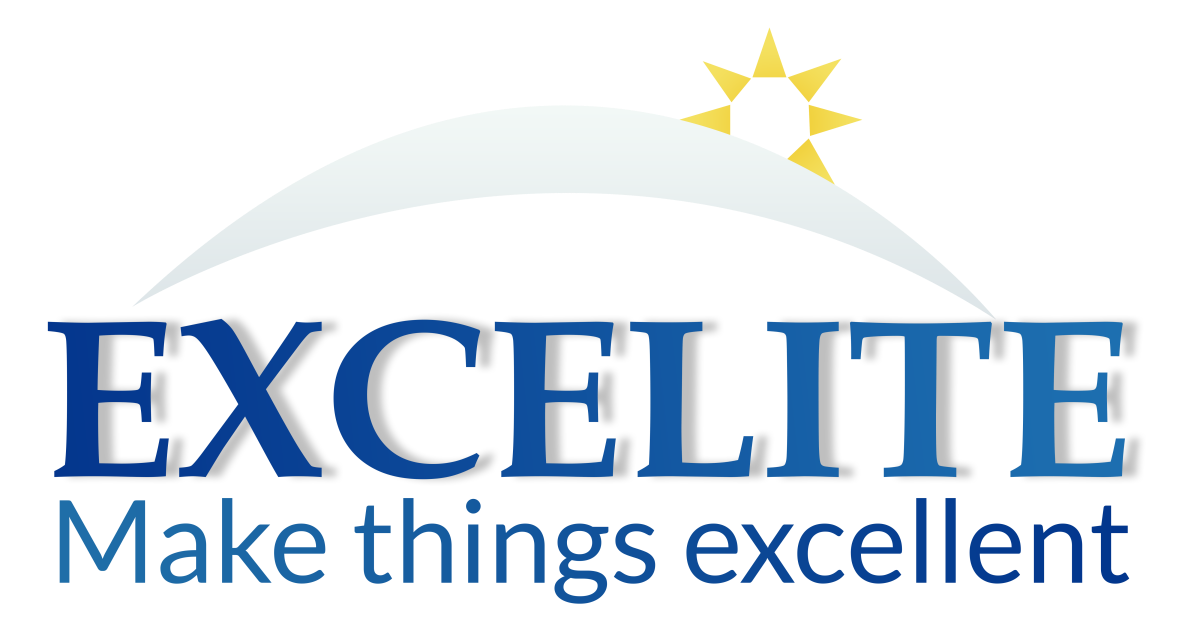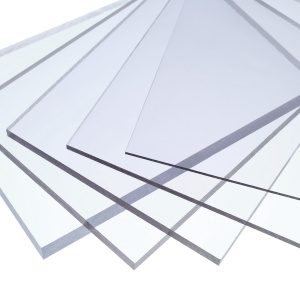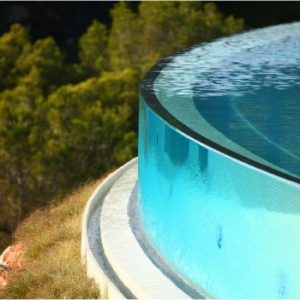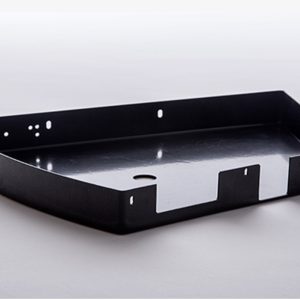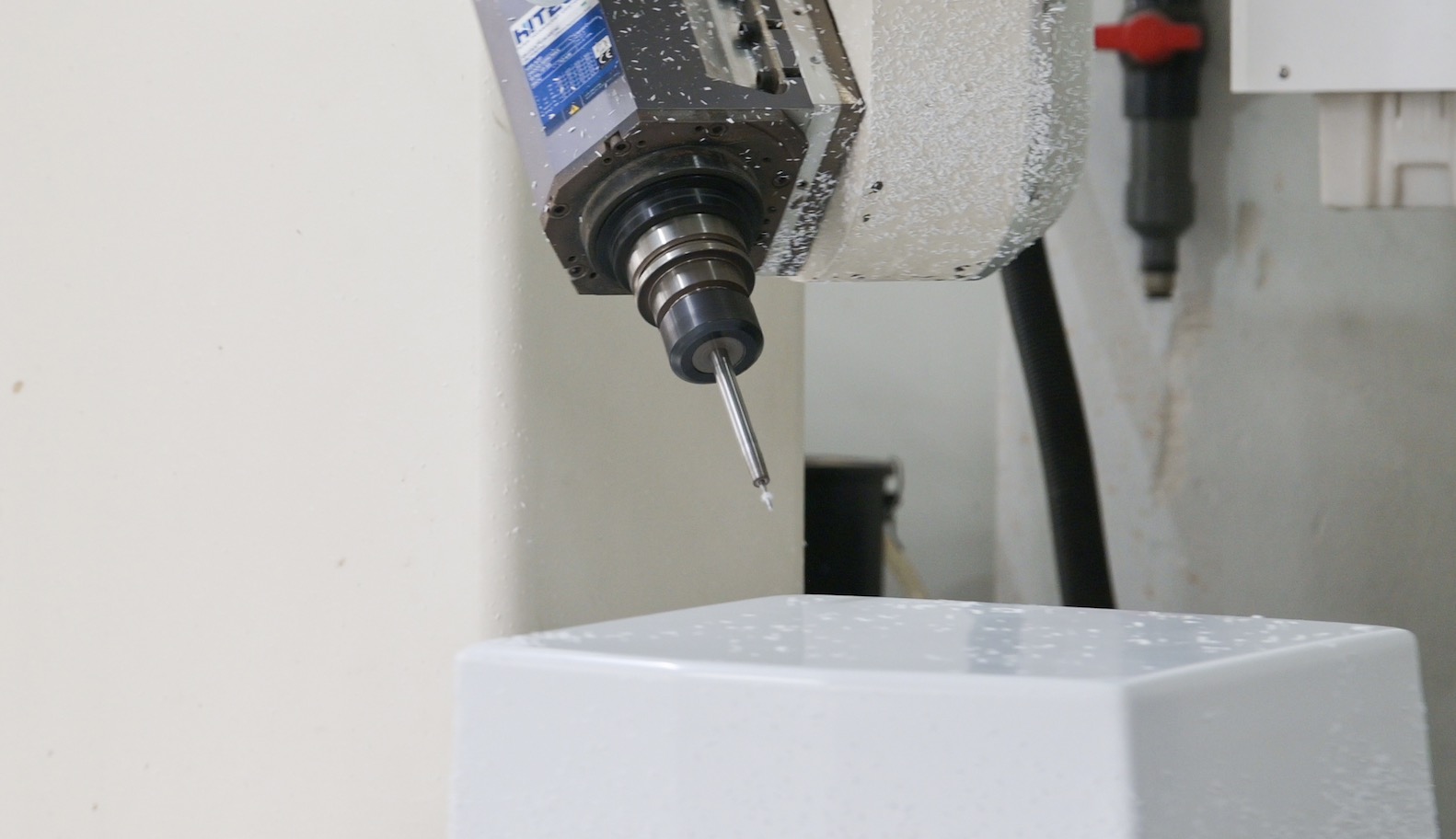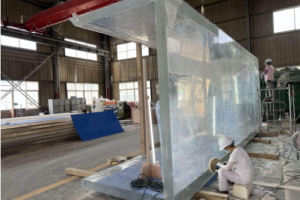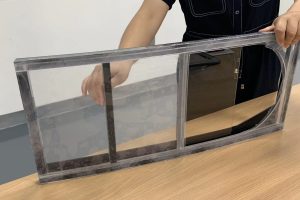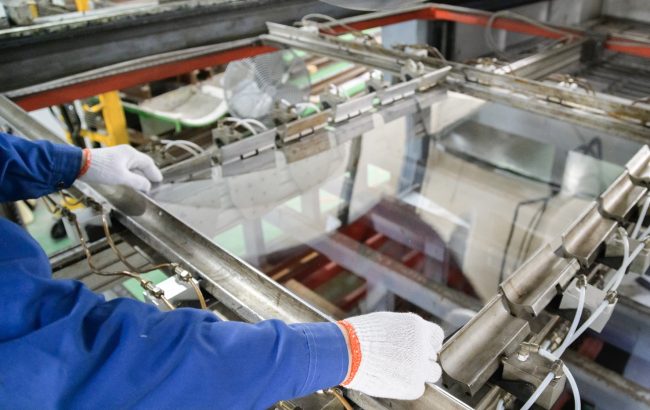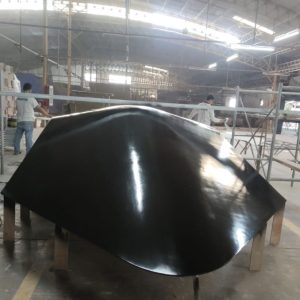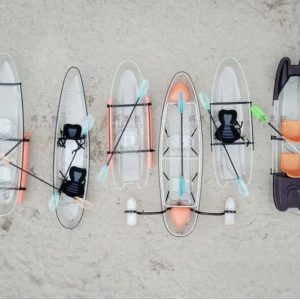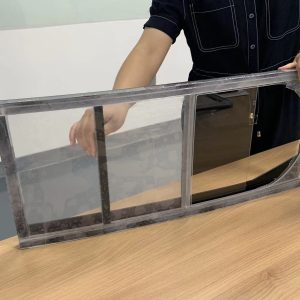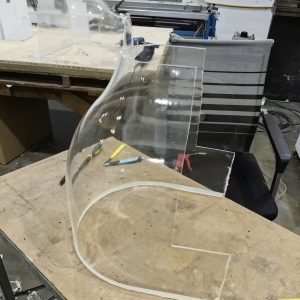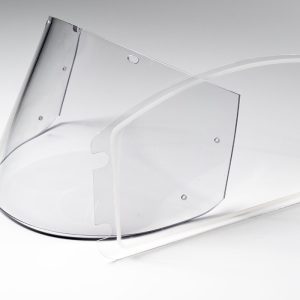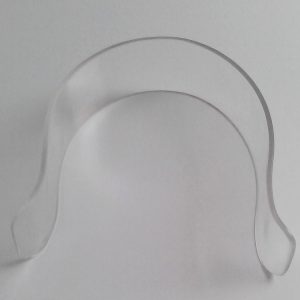Thermoforming is a versatile process used in many industries, from food packaging to aerospace and auto parts manufacturing. Since most industries work with thermoplastics at some point, understanding thermoforming is essential.
There are two main types of sheets: thin-gauge and thick-gauge. Thin-gauge sheets are commonly used for rigid, disposable packaging, while thick-gauge sheets have broader applications. These include durable surfaces for automobiles, window enclosures, building products, signs, and electronic equipment.
The possibilities for thermoformed plastic products are vast, but the process is not one-size-fits-all. The right material, techniques, and expertise are key to creating optimal results for each application.
Recent developments in thermoforming include advancements in non-composite sheets that add value to specific industries. Additionally, thick sheets are sometimes converted into composite sheets, resulting in thinner-walled parts that are ideal for weight-sensitive applications.
